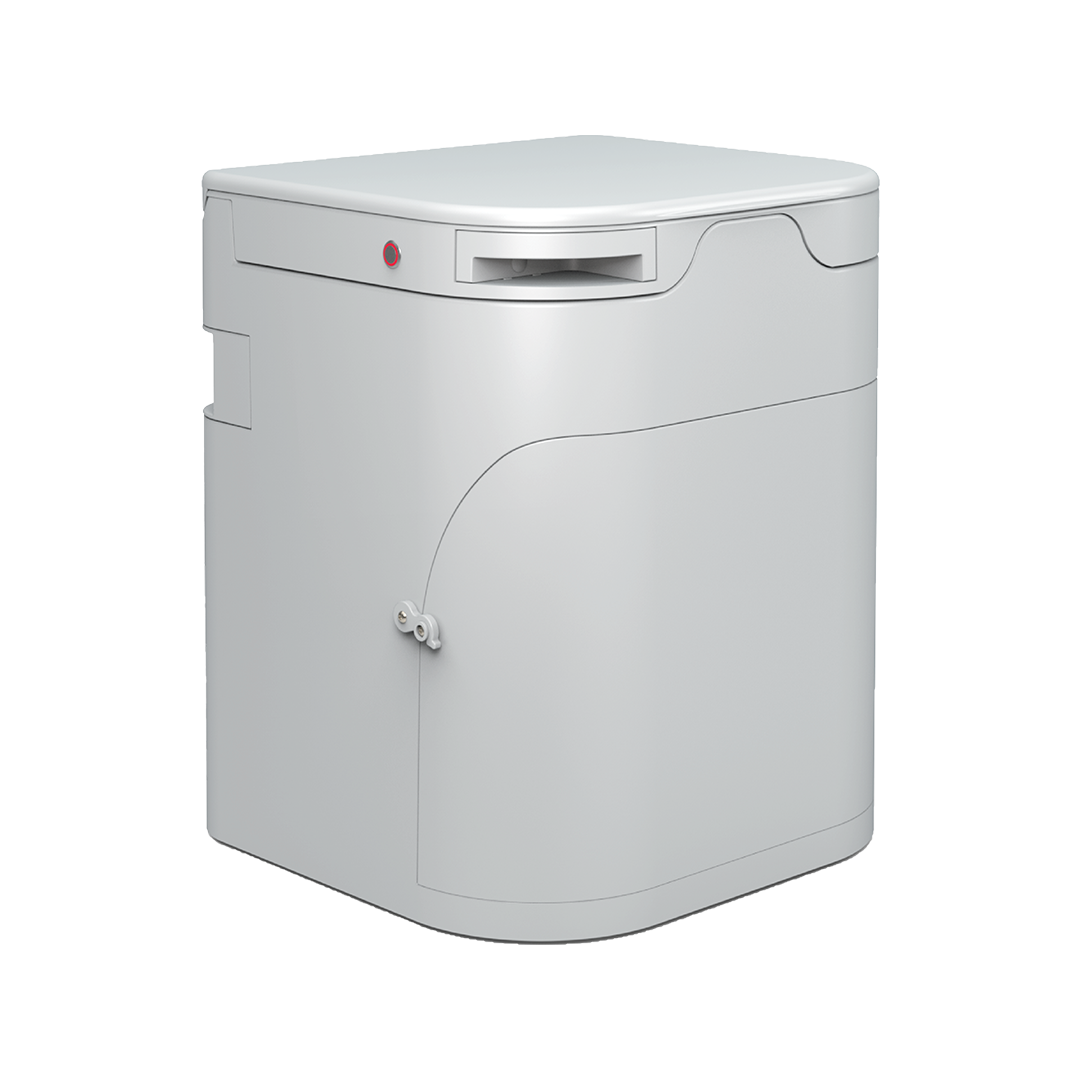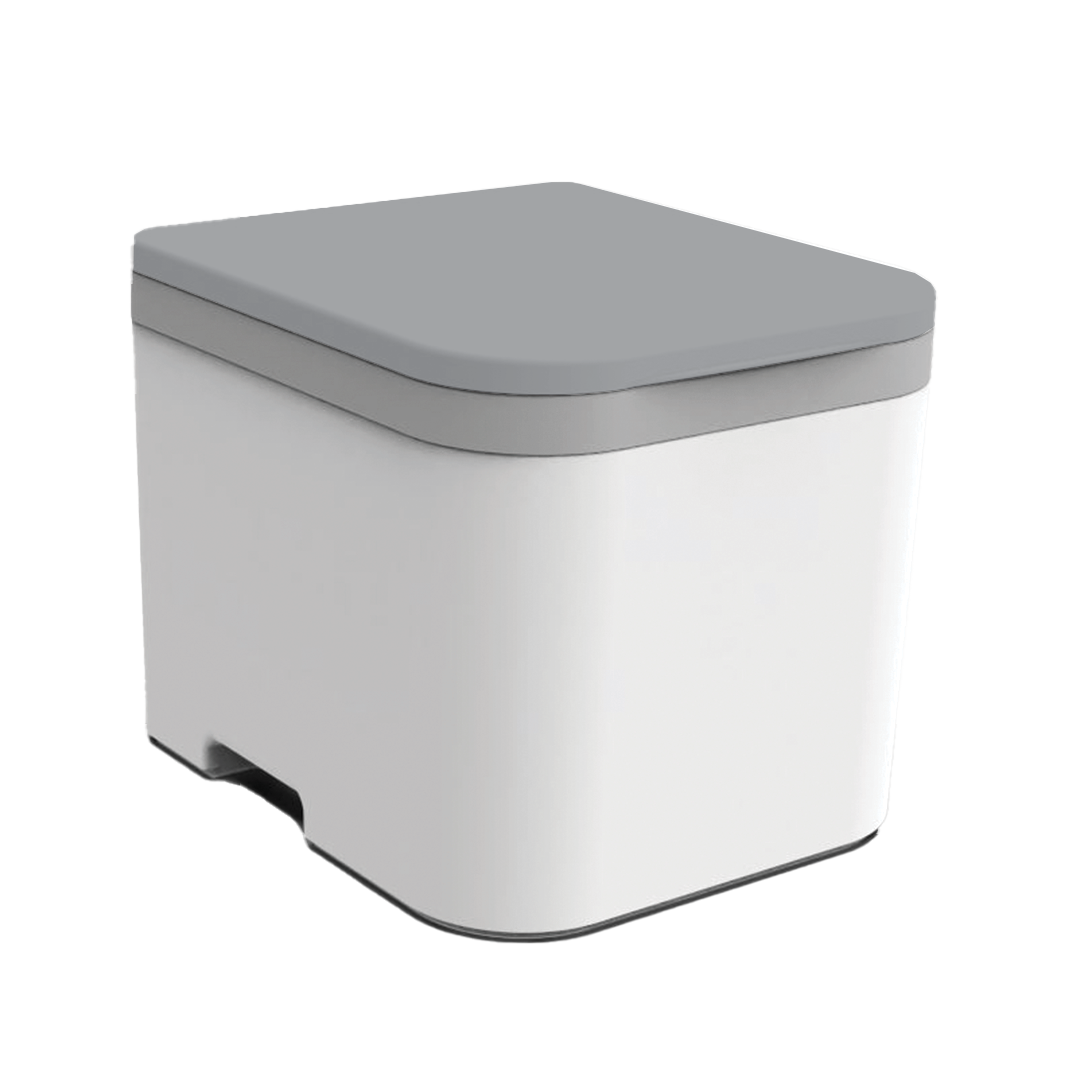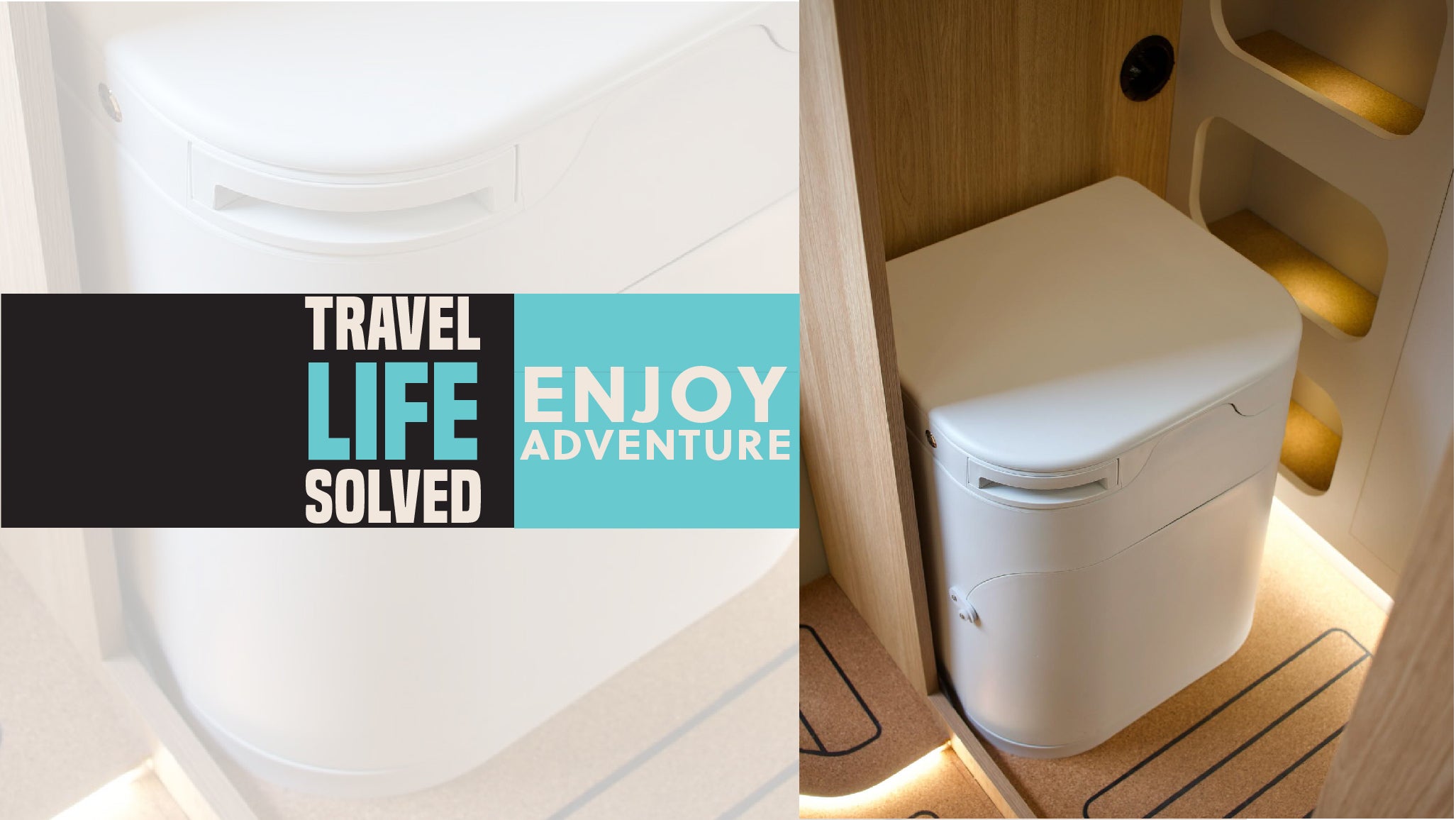The nomad and travel lifestyle is all about freedom, adventure, and embracing the open road. Whether you're living in a van, RV, tiny house, or simply exploring the world with a backpack, minimizing your environmental impact is crucial. One often-overlooked aspect of sustainable travel is the waste system you choose. Enter the compost toilet—a game-changer for modern nomads. Here, we explore the myriad benefits of incorporating a compost toilet into your mobile lifestyle.
Environmental Impact: A Green Solution
Traditional waste systems, such as chemical toilets or septic tanks, can be harmful to the environment. Chemical toilets rely on harsh substances that can leach into the soil and water systems, while septic tanks require regular maintenance and can pollute if not properly managed. In contrast, compost toilets use natural processes to break down waste, turning it into a nutrient-rich compost that can be safely returned to the earth. By using a compost toilet, you're reducing your reliance on harmful chemicals and contributing to a more sustainable planet.
Cost-Effective and Low Maintenance
One of the standout benefits of a compost toilet is its cost-effectiveness. Traditional RV or portable toilets often require expensive chemicals and regular emptying services. Compost toilets, on the other hand, are low maintenance and have minimal ongoing costs. Once set up, the main expense is the occasional addition of carbon-rich materials like sawdust or coconut coir, which help with the composting process. Over time, this can save nomads a significant amount of money.
Water Conservation
Water is a precious resource, especially when you're on the move. Traditional flushing toilets can use up to seven gallons of water per flush, which is not practical for a mobile lifestyle. Compost toilets, however, require little to no water, making them an excellent choice for conserving this vital resource. This not only extends the time you can spend off-grid but also aligns with a sustainable ethos, reducing your overall water footprint.
Off-Grid Freedom
For many nomads, the ability to live off-grid is a key appeal. Compost toilets enhance this freedom by eliminating the need for hookups or frequent visits to dump stations. This means you can venture further into remote areas without worrying about your waste management. The self-contained nature of compost toilets allows for longer stays in nature, uninterrupted by the need to find facilities.
Odor Control
A common misconception about compost toilets is that they emit unpleasant odors. In reality, a well-maintained compost toilet is often less smelly than a traditional chemical toilet. The composting process, aided by proper ventilation and the use of cover materials like sawdust, effectively manages and neutralizes odors. Many users report that their compost toilets are surprisingly odor-free, providing a more pleasant living environment.
Health and Hygiene
Compost toilets are designed to be hygienic and safe. By separating liquid and solid waste, they prevent the creation of sewage, which can be a breeding ground for harmful bacteria. The composting process itself also helps break down pathogens, making the end product safe to handle and beneficial for soil enrichment. This attention to hygiene is particularly important for nomads who may be living in close quarters and need to maintain a clean, healthy living space.
Lightweight and Space-Saving
Space and weight are precious commodities in any mobile living situation. Compost toilets are typically lightweight and compact, making them ideal for van dwellers, RVers, and tiny house owners. Unlike bulky black water tanks, a compost toilet can fit into smaller spaces and be easily integrated into various living arrangements without sacrificing valuable room.
Conclusion
For those embracing the nomad and travel lifestyle, a compost toilet is more than just a waste system—it's a commitment to sustainability, cost savings, and independence. By opting for a compost toilet, you're not only making a positive impact on the environment but also enhancing your own experience on the road. From water conservation to odor control and low maintenance, the benefits of a compost toilet are clear. So, as you plan your next adventure, consider making this eco-friendly choice and enjoy the freedom it brings to your travels.




